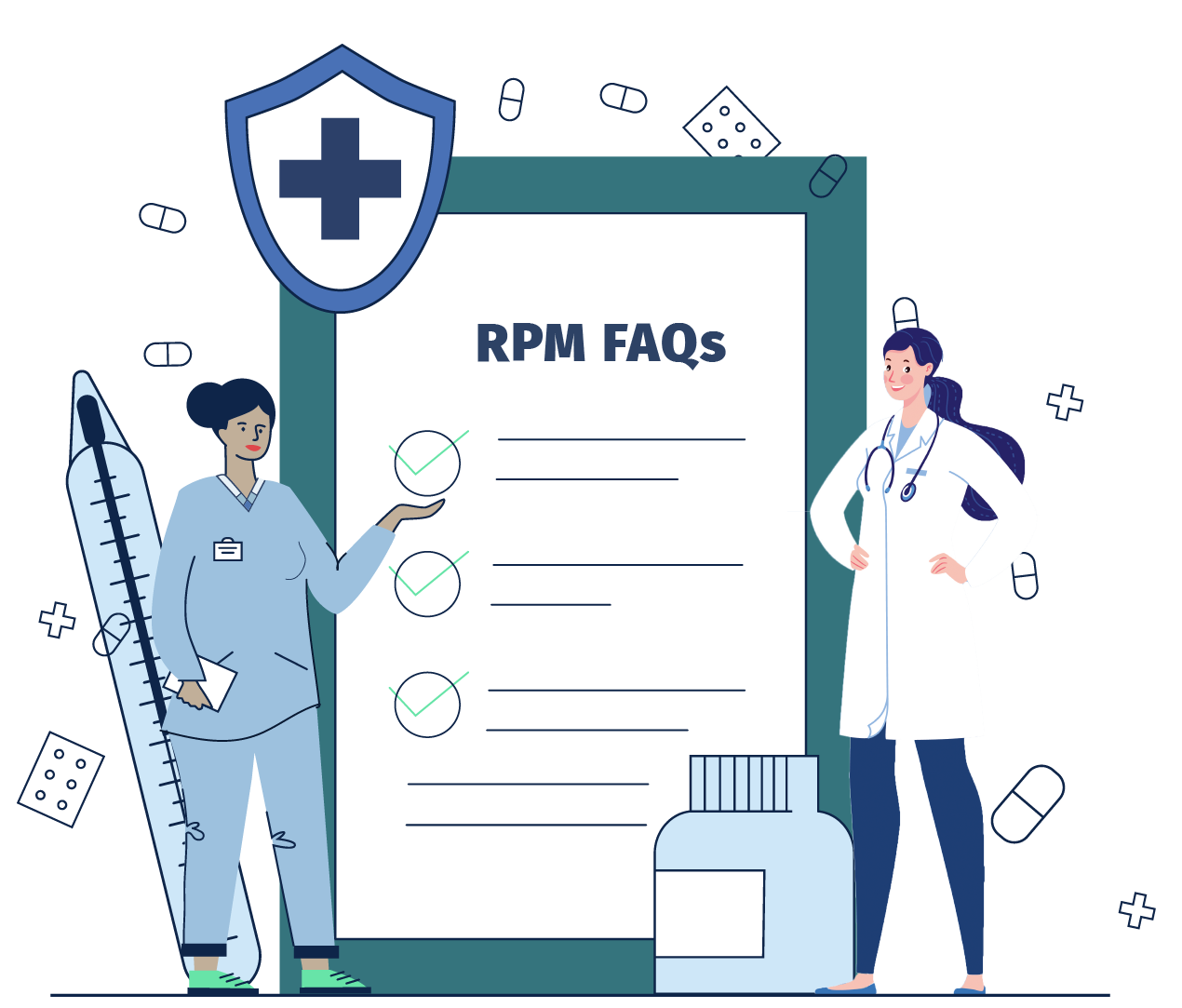
With Vital Health Links' Chronic Care Management practitioners benefit from full-service, high-touch chronic patient management based on their directives — maximizing revenue and healthcare outcomes.

Up-to-date CPT codes, values and requirements for administrators & practitioners to optimize billable encounters and quality care
Under Medicare CPT codes 99457 and 99458, either a physician, another qualified healthcare professional, or clinical staff under a physician's general supervision can facilitate RPM services.
The CPT Codebook defines clinical staff member is as “a person who works under the supervision of a physician or other qualified healthcare professional and who is allowed by law, regulation, and facility policy to perform or assist in the performance of a specified professional service but does not individually report that professional service.”
Individuals under contract with the billing physician or qualified healthcare professional must obtain permission for RPM services at the time when RPM services are being provided.
RPM CPT code 99457 and CCM CPT code 99490 are billable together. According to the ruling, facilitating analysis involved in RPM services complements CCM services. Therefore, a provider billing 99457 and 99490 together must deliver at least 40 minutes of services: 20 minutes of RPM and 20 minutes of CCM.
Yes, for Medicare beneficiaries. As with other Medicare Part B services, RPM codes are subject to a 20% beneficiary copay.